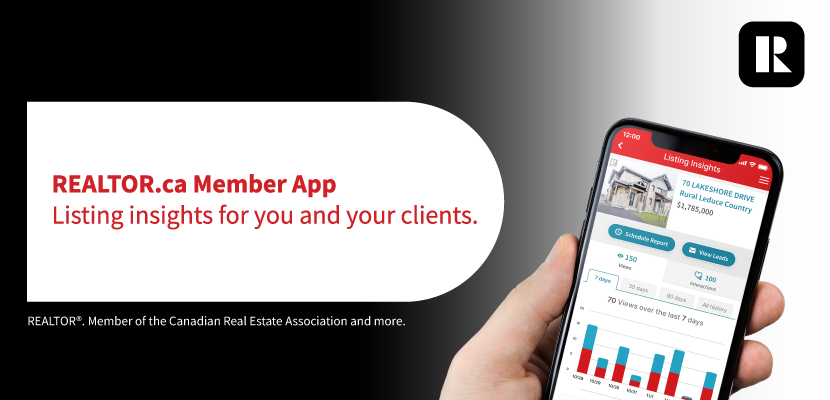Sports bloopers are often preventable errors that favor the other team. The classic is when players score against their own side. In the world of real estate, there are similar blunders – particularly during buying conversations with potential customers – that end up favoring the competition.
As I explain in my seminars for sales teams, it’s not always a shortfall in your company’s product, price or service that ruins a potential sale. Often, it’s inadvertent comments that put customers off just enough for them to choose your competitor. Unfortunately, agents are usually unaware they commit these offences so they keep repeating them. See if you or your team members ever make these top six selling gaffs.
1. Insulting their intelligence:
Let’s assume that if a customer is in a position of authority (meaning they are trusted to make significant buying decisions) they must be somewhat streetwise and smart. That means that any kind of pushy, manipulative sales approach is going to backfire. You need to enter a buying conversation presupposing that this customer is an intelligent, well intentioned grown-up. Your comments should include a healthy dose of, “You probably already know…”, “At your level, you’ve likely experienced…”, “For you this is obvious; the challenge is your partner may not be aware…”
2. Not listening:
Contrary to popular opinion, the most important part of a sales pitch is not your value proposition. The most important part of a pitch is demonstrating your understanding of that specific customer’s unique circumstances. That requires asking pointed questions that help customers see for themselves where there are opportunities for improvement. Then verify your understanding with statements like, “Sounds like you… (summarizing their situation).”
3. Insulting the competition:
If your potential customer is shopping around for a sales rep or worked with a different agent previously, it’s fine to compare your offerings, but be careful not to criticize the competition. Slamming the competition is tantamount to telling the customer that he or she made a bad choice. (See point #1 – insulting the customer).
4. Ignoring objections:
If you propose a solution that ignores a customer’s objection or concern, you are essentially saying that you weren’t listening (see point #2 – not listening). That requires being transparent in how your proposal either addresses their concerns, or it provides extra value that could outweigh their concerns. The key is we shouldn’t pretend we didn’t hear or value their initial objections.
5. Being a know it all:
It takes time and effort to gain trust. Yet it’s so easy to lose. It happens when we stray out of our own area of expertise and claim to be an expert in… politics, sports, raising kids, the weather, you name it. Ironically, one of the easiest ways to gain trust is to quickly admit ignorance about anything the customer seems to know a lot about. Showing respect by deferring to your customers’ knowledge and expertise helps them become more receptive to yours.
6. Ignoring the influencers:
It’s easy to focus on the key decision maker. After all, they are the people who will approve the payment. And yet by focusing on that “bag of money” we are inadvertently insulting the people who may have more say in the matter than anyone. The father of the bride may be paying the bill, but imagine the consequences of a wedding planner ignoring the wishes of the bride and her mother! (We all know the groom has no influence – he just needs to do what he’s told). The lesson is no one should feel like they’re being ignored.
Bottom line – Effective selling has less to do with pushiness and manipulation and more to do with good manners and respect. Talk less. Listen more. Allow your competitors to blunder their way out their customers’ good graces and send them into your capable hands. Here’s to you not dropping the ball.
This article is based on the bestselling book Influence with Ease by customer service strategist and Hall of Fame motivational speaker Jeff Mowatt. To obtain your own copy of his book or to inquire about engaging Jeff for your team, visit www.jeffmowatt.com.


















